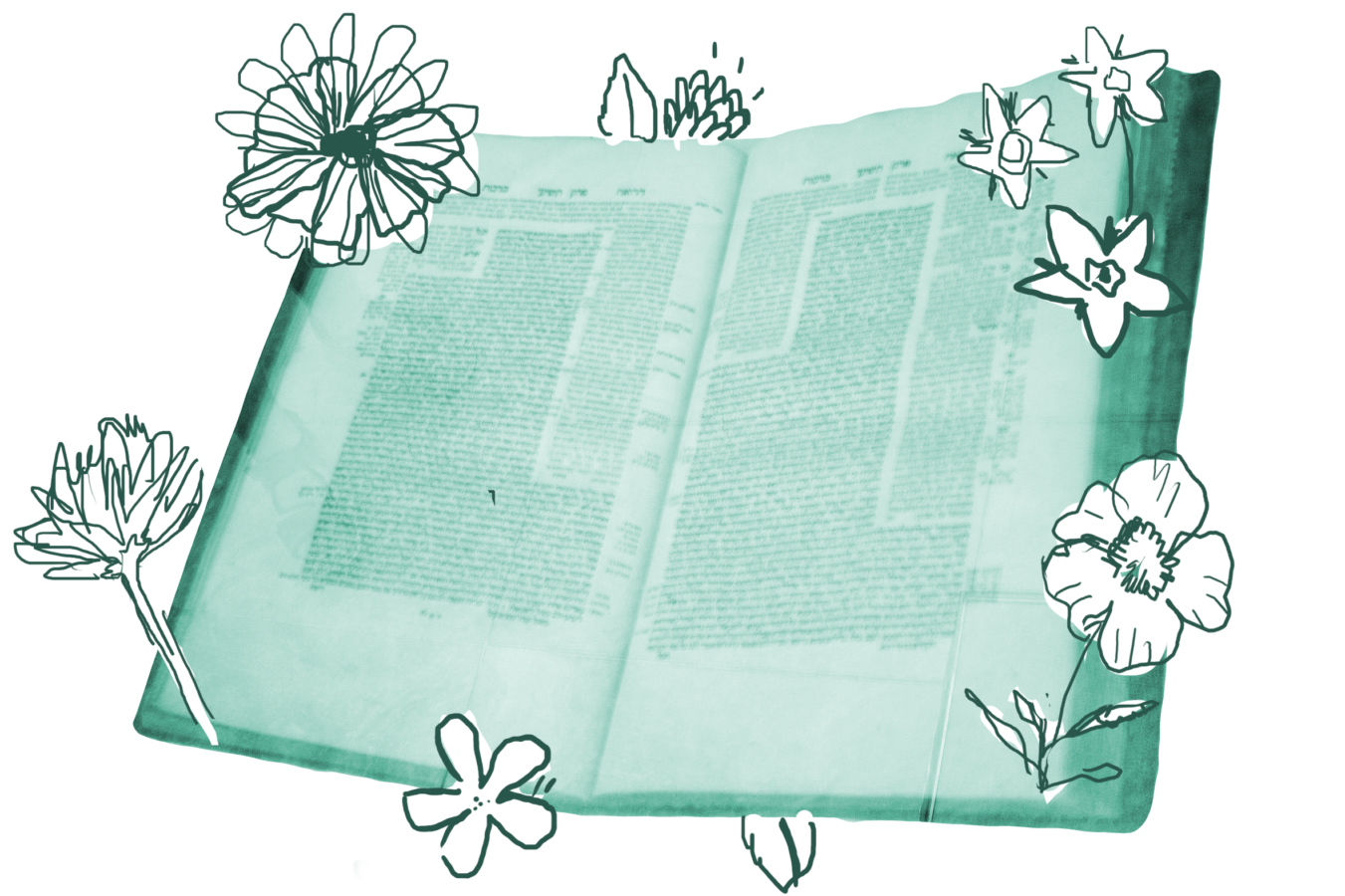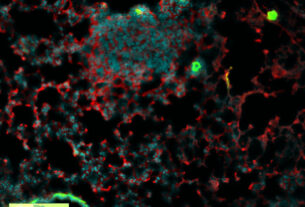If you read the biblical description of the Sukkot sacrifices (Numbers 29:12-34), you’ll notice that the Israelites were commanded to sacrifice an awful lot of bulls on the holiday. On the first day of the holiday, it was no less than 13 bulls, on the second day 12, on the third day 11 and so on in descending order until the seventh and final day of the holiday on which they sacrificed seven bulls. That’s a total of 70 bulls sacrificed throughout the course of Sukkot — on top of the usual festive rams, lambs and goats.
Why so many bulls? Today’s daf offers an explanation:
Rabbi Elazar said: These 70 bulls, to what do they correspond? They correspond to the 70 nations. And why is a single bull sacrificed on the Eighth Day of Assembly (Shemini Atzeret — a one day holiday that immediately follows Sukkot)? It corresponds to the singular nation, Israel.
Rabbi Elazar tells us that one bull is sacrificed on Sukkot for each and every nation of the world. The medieval commentator Rashi connects the 70 sacrifices for the nations of the world to another major theme of the holiday — prayers for rain. He explains that the 70 bulls “atone for them (the nations of the world) so that rain will fall across the world because we are judged on this holiday for water.”
On Yom Kippur, God decides who will live and die in the coming year. In Tractate Rosh Hashanah (16a), we will see a similar idea that on Sukkot God decides how much rain the world will receive in the coming year. Here, Rashi is suggesting that because the whole world is connected through God’s judgement on Sukkot, Israel spends the holiday atoning for the entire world.
On Sukkah 35, we discussed how one of the four species — the etrog — was of foreign origins but became a crucial symbol of Jewish identity. Today’s daf highlights another important way that the holiday of Sukkot integrated the global community into the holiday.
But it also offers us an evocative challenge to this idea. The Gemara ends its discussion of the 70 sacrifices that correspond to the 70 nations with a lament:
Rabbi Yohanan said: Woe unto the nations of the world that lost something and do not know what they lost. When the Temple is standing, the altar atones for them. And now that the Temple is destroyed, who atones for them?
The irony is palpable. When Rome destroyed the Temple, they were destroying the very rituals that ensured adequate rain and a healthy harvest. Their obliviousness to Israel’s vital role in in securing the global weather ended up hurting them — and the whole world.
Whether we realize it or not, we are all part of many communities — familial communities, local communities, religious communities, ethnic communities, national communities and global communities. These communities are interconnected in ways that can work to provide health and abundance for all, or not. Today’s daf challenges us to reflect on the kinds of communities we might be a part of without even realizing it. And to think about what we might be losing because we don’t.
Read all of Sukkah 55 on Sefaria.
This piece originally appeared in a My Jewish Learning Daf Yomi email newsletter sent on August 31st, 2021. If you are interested in receiving the newsletter, sign up here.
The post Sukkah 55 appeared first on My Jewish Learning.




